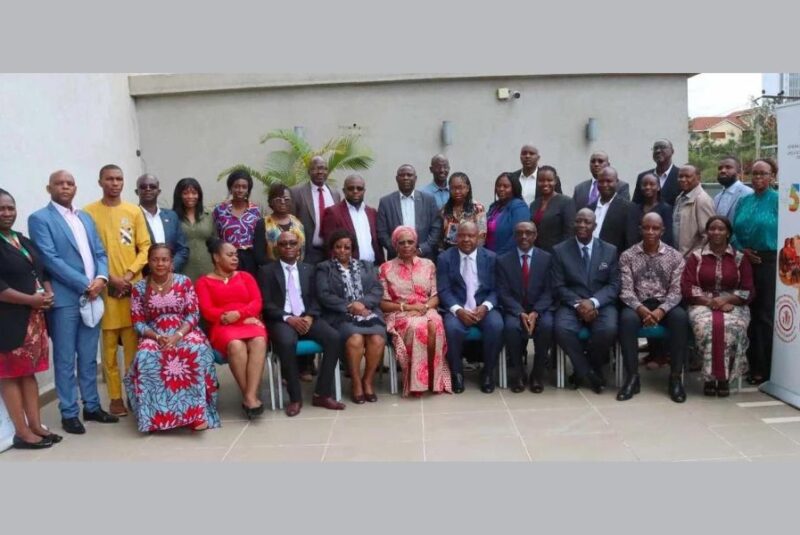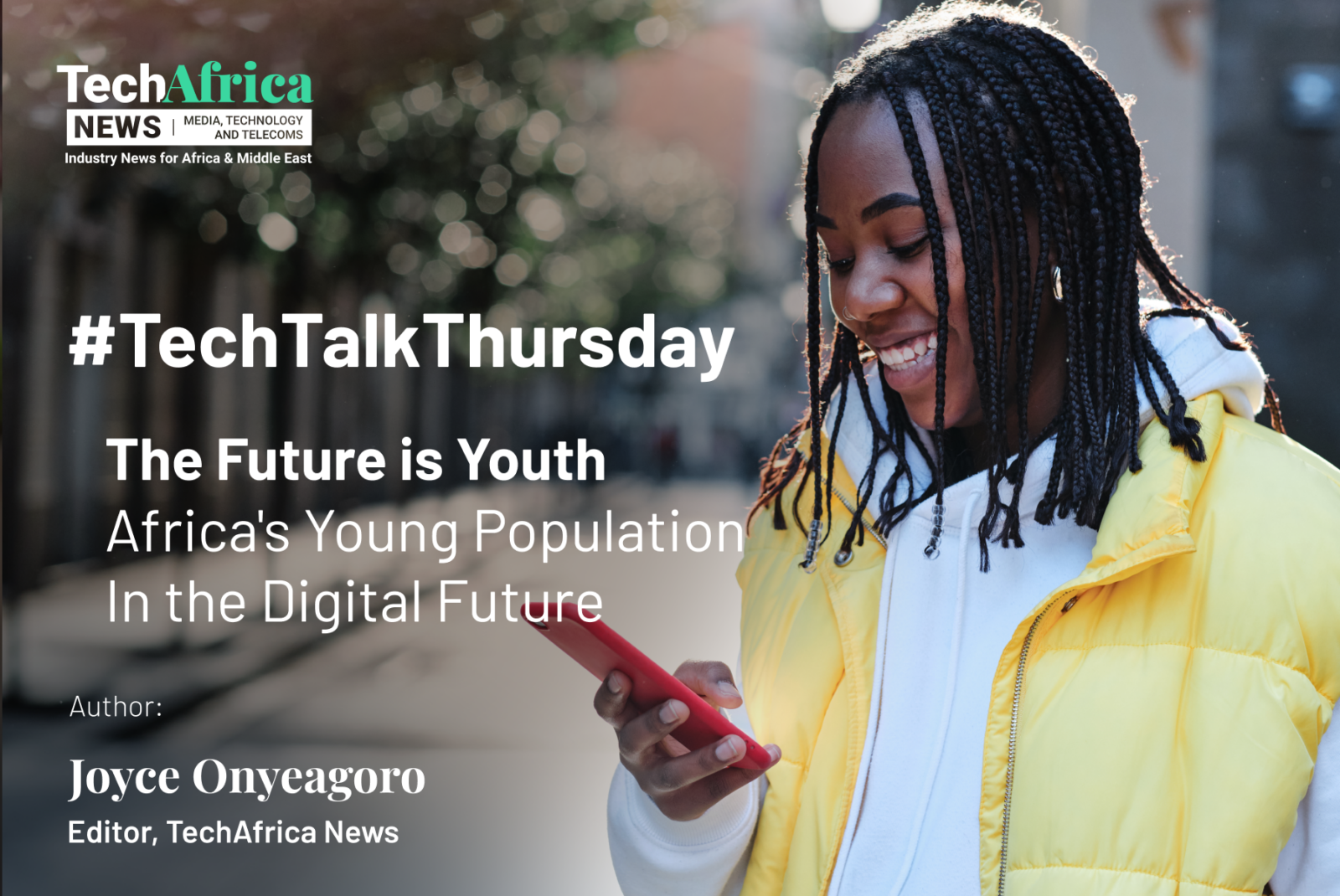For the study, KaiOS commissioned a team to travel to seven Nigerian states. A total of 48 retailers and 819 individuals – all of which expressed an interest in owning a phone and using mobile internet – were surveyed.
To provide the most accurate depiction of newly connected consumers in Nigeria, the study included participants earning up to NGN 360,000 (USD 990) annually, working in informal and/or unstable jobs such as trading, farming, and artisan work, and spread across rural (40%), semi-urban (35%), and urban (25%) areas.
The main findings of the study were:
1. Mobile internet is perceived as a little more than a status symbol
Many of the users fueling the growth of mobile internet and devices underutilize the technology due to a lack of knowledge of tools and features. While 82% of respondents claimed to have experience using an internet-enabled phone as a way to boost their social status, only 32% mentioned surfing the internet or using instant messaging apps as one of their top three phone uses. This suggests that they do not realize the actual benefits of internet access and that going online is not yet a routine in Nigerian households.
2. New users are unaware of how the internet can benefit them
New users tend to learn about the internet from members of their social circle, in an offline setting, which often results in a limited view of what the internet has to offer. Without guidance or exposure to activities such as downloading apps, setting up online accounts, using web browsers, or making video calls, they do not learn how to leverage technology to improve their lives. They tend to use mobile internet for entertainment. Career development, personal health management, and work are little known uses.
3. There is a fear of misinformation and privacy violation
Negative perceptions of the internet have kept many Nigerians offline. The inability to tell real news from fake news, for example, has caused some individuals to steer clear of online news in general. Financial scams, as well as privacy violations, are also major concerns. New users tend to not know about privacy settings. Many fear that having a phone puts them at risk of being tracked and easily found by anyone.
4. They prefer to use cash and buy from offline phone shops
Mistrust in online payment systems, fear of fraud, and difficulty setting up payment plans have 80% of respondents using cash to purchase their phones. Mobile money usage in Nigeria has increased in recent years, but for more costly items such as phones, people tend to prefer using cash. They also opt for offline phone shops. They believe these are the only ones offering warranties, in addition to more choices and better prices. They also believe they are more likely to sell authentic devices.
KaiOS-enabled devices have been available in Nigeria since early 2019. Since the beginning, we have made a conscious effort to help users make the most of their time online. One of our goals has been to make useful, entertaining, and empowering content available to users. We have achieved that with the KaiStore, which currently has over 400 apps on offer. These findings in this study will help us make KaiStore apps and KaiOS-powered devices better as well as improve the onboarding experience of first-time internet users.
KaiOS CEO Sebastien Codeville
KaiOS is now working to address the issues and misconceptions revealed in the study. This includes providing recommendations for what the industry at large can do to help facilitate the growth of meaningful connectivity in Nigeria. Some of them are:
- When advertising apps, make their benefits clear and illustrate them with real-life examples. Newly-connected Nigerians are more likely to respond to a pitch that introduces WhatsApp as a tool for organizing church gatherings and sharing study materials than to one that presents it as an app for chatting with friends.
- Make apps and features user-friendly by using simplified websites, content in local languages, and easy-to-use menus.
- Show the benefits and value of digital resources for improving people’s health, careers, and education. Clearly state how the internet can be used to increase profits, obtain essential information, and learn.
- Equip mobile carriers and shop owners to teach new users about the devices and the internet in general. A basic intro should touch upon privacy protection, including how to adjust privacy settings, how to block unwanted messages, and how to recognize online scams.
- Offer in-depth training so that retail staff can talk to customers about warranties and follow-up services, as well as explain a device’s basic capabilities, as KaiOS Business Development Manager did with hundreds of Transsion and MTN Nigeria sales staff.











